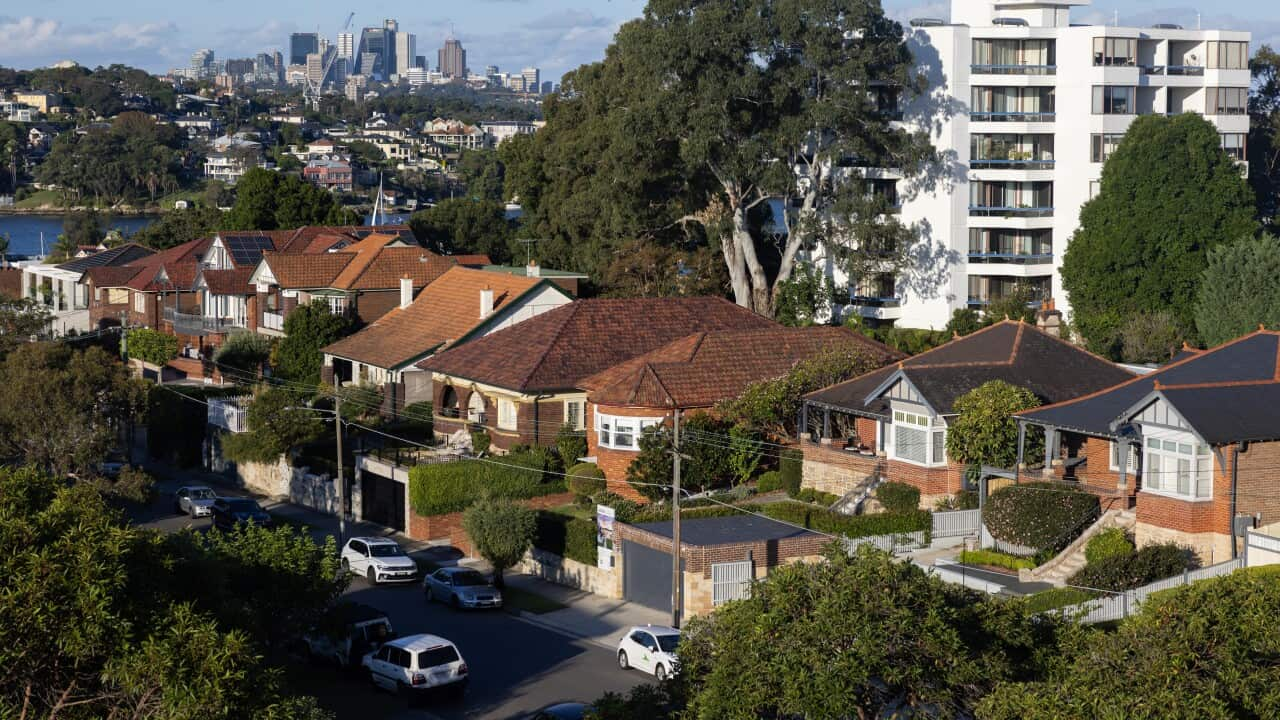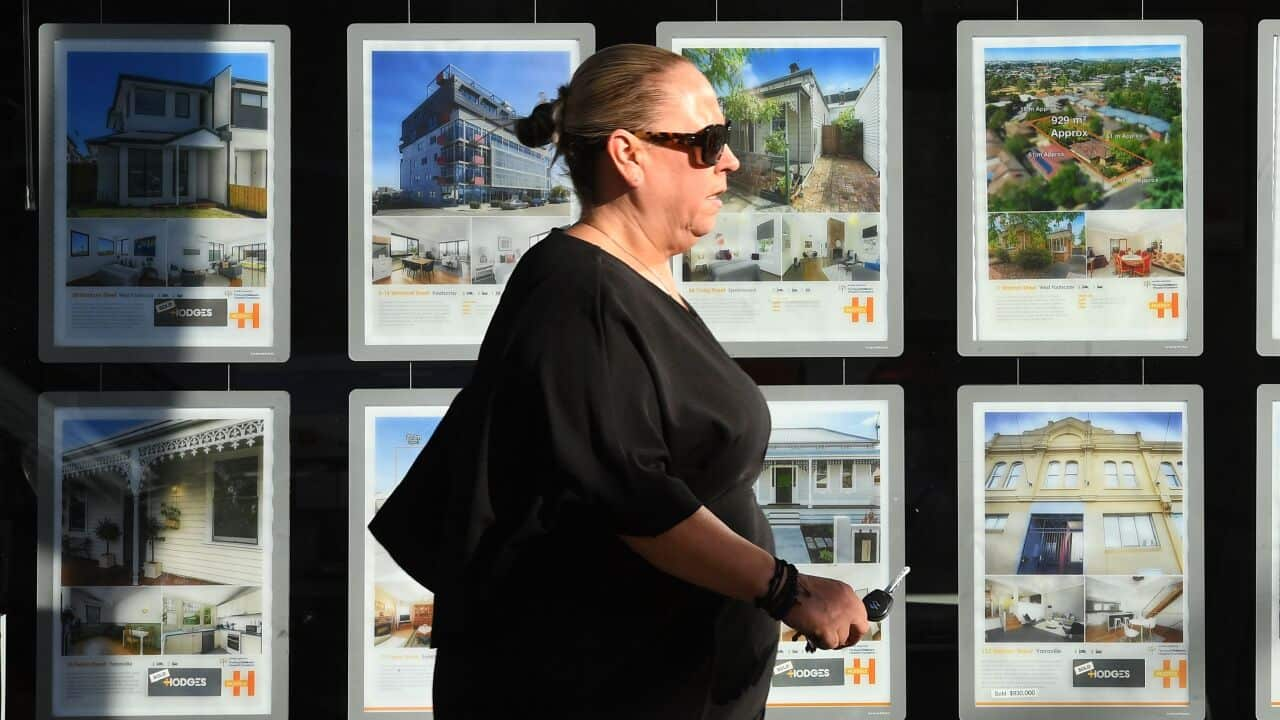The past week has featured worldwide economic turmoil. Global share markets have plunged, the is sliding, and fresh tariffs are on the table for every country around the world, courtesy of United States President Donald Trump.
The prospect of weaker global growth has people jittery — and central banks, including the Reserve Bank of Australia (RBA), are back on rate-cut watch.
But what does that mean for Australia's ever-growing housing market?
We asked experts how the latest economic ructions could impact house prices — and who's most likely to benefit or lose out.
Rate cuts would matter more than tariffs
While Trump's tariffs aren't about housing, their ripple effects could eventually touch it, even here in Australia.
Trump has imposed a 10 per cent tariff on Australia, while other countries faced even steeper tariffs, .
Although tariffs themselves don't directly impact the housing market, they can shape global trade, affect employment, and dampen economic growth.
This can influence how confident Australians feel about making big financial decisions like buying property — and prompt movement from central banks.
Both experts SBS News spoke to agreed that it wasn't the tariffs themselves that would impact housing, it's how governments and central banks respond.
"Generally, when we see an economic shock, like what we seem to be moving into at the moment, the next thing we see is some level of stimulus," said Tim Lawless, head of research at property market analysts CoreLogic.
In other words, if global growth falters, — and that's where housing starts to react.
"If we do see interest rates coming down potentially 50 basis points (0.5 per cent) in May and maybe another 100 basis points (1 per cent) by the end of the year, it may be a positive factor for housing markets," Lawless said.
Lower interest rates tend to make mortgages cheaper, boost borrowing capacity and free up cash. That can push more buyers into the market and drive prices higher — especially when supply is already tight.
Lawless adds that any interest rate cuts won't meaningfully change housing affordability, but it may boost confidence.
Jobs are the real anchor
For Dr Luke Hartigan, an economist at the University of Sydney and former adviser at the Reserve Bank, the bigger concern is the labour market.
"Labour market is the key for house prices," he said. "If you don’t see a substantial deterioration in the labour market, then house prices should be okay."
Even if the global economy takes a hit, Hartigan says, the impact on housing will be limited unless unemployment starts to rise.
"Australians are unlikely to just abandon their homes," he adds. "They wear the debt. If you have your job, you keep making repayments."
Prices may keep rising — but not fast
Despite stock market jitters, neither expert sees a housing crash on the cards. If anything, lowering interest rates could mean prices may rise further, albeit more slowly than before.
"Housing [price growth] probably won’t be as steep just because of the increased uncertainty," Hartigan said. "If people are concerned about their job, then they’re more likely to not want to take on debt."
"If they’re not likely to take on debt, there’s going to be fewer people who are keen to bid up prices."
In short, rate cuts could support the market, but uncertainty might keep buyers cautious — especially those on the edge of affordability.

Australia's property market has already lifted off the back of the Reserve Bank's interest rate cut. Source: SBS News
According to CoreLogic's latest Hedonic Home Value Index report, Australian property values reached new heights in March with an increase of 0.4 per cent, reversing a recent downward trend.
"We're seeing some changing gears in the housing market," Lawless explained.
"From October last year, we started to see our home value index really flatten out … then as of February, the market started to bounce back a little bit on the back of the February cash rate cut back to near record highs by the time we saw March data come through."
However, due to factors like housing affordability and high household debt, Lawless doesn't expect a strong rebound in prices.
"The fact that house affordability is quite stretched will naturally just keep a bit of a ceiling on how high prices can go."
Who wins and who loses?
Put simply, those who already own homes are likely to benefit — again.
"If you already own a home and we start to see housing prices rising again, that’s a great thing for household wealth," Lawless said. "But for those looking to get into the marketplace, affordability becomes even more stretched."
Hartigan agrees. "It’s probably going to be the people who already own homes, or people who are looking to just get in now and they have the cash."
First-home buyers, on the other hand, could be squeezed out yet again — especially if they've put their savings into riskier investments.
"If house prices start to rise, it’s probably not going to be very good for first-home buyers, depending on how people have put their deposits," Hartigan said.
"Maybe many of them, like myself, have put them into a managed fund — and now it’s worth less."





